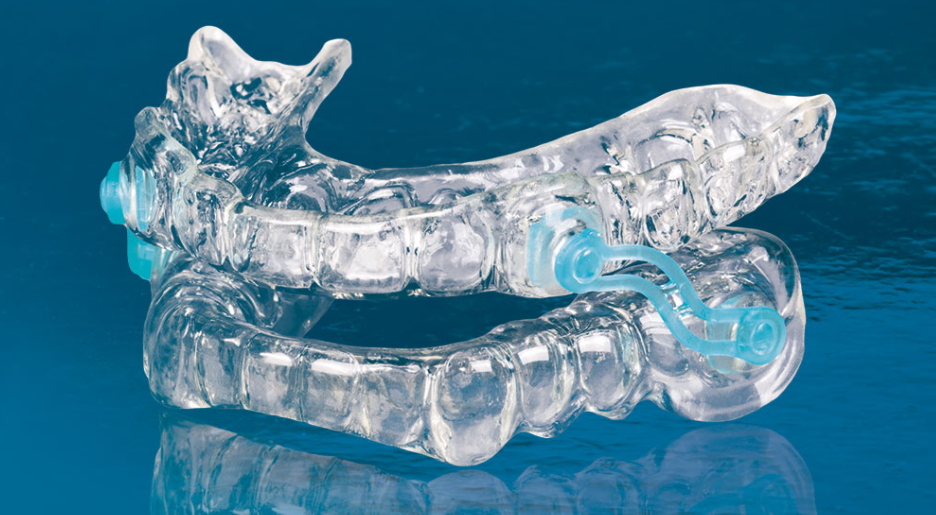Apnea patients experience a lot of discomfort from wearing masks using traditional pillows as they undergo CPAP therapy. Even when they try their best to go to sleep, they can get irritated again and again when their mask is leaking, when they feel pain due to pressure on their face, or when they Can no longer bear the inconvenience.
In addition, they could have neck or back pain because of tired muscles because of an uncomfortable sleeping position during therapy. Long-term complications of sleep apnea mouth devices increase the risk of diabetes, memory problems, stroke, and heart disease.

People who suffer from obstructive sleep apnea (OSA) experience a health condition that causes absence or cessation of breathing especially during sleep. This happens repeatedly as the patient sleeps because the "airway" or soft tissue in the throat collapses and keeps the air from flowing to the lungs.
It is typically marked by choking, coughing, gasping and heavy snoring through the night and extreme tiredness during the day. It is also accompanied by poor alertness and focus during the day.
Apnea may be due to a large tongue, extra fleshy tissue in the airway, or decreased muscle tone in the area which holds the airway open. As a result, the air cannot get into the lungs. These breathing cessations can occur 30 or more times per hour during sleep.
Needless to say, it robs the brain and body of oxygen that is essential in maintaining energy, mental alertness, and sharpness during the day. When this condition is left untreated, it will lead to a variety of serious health problems.
